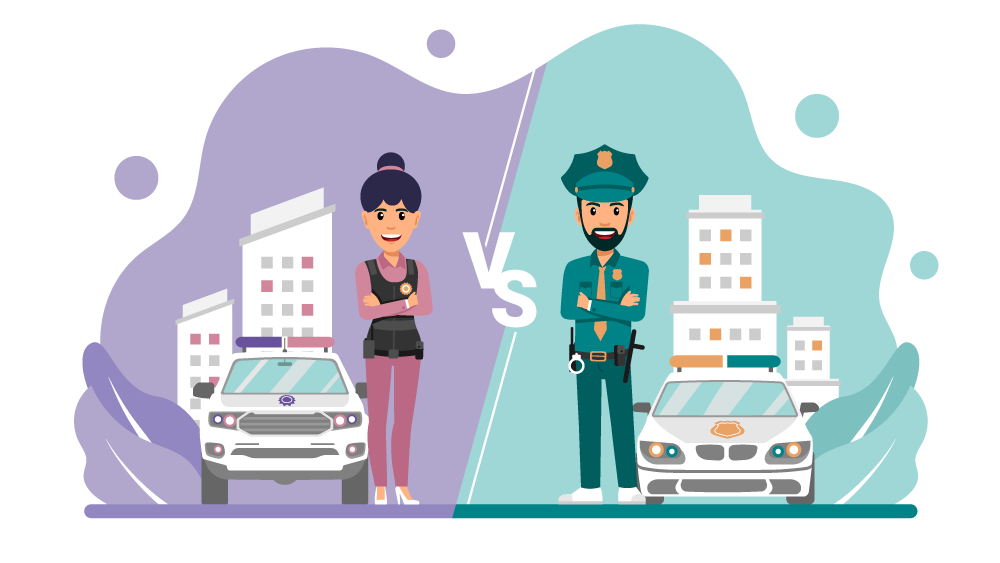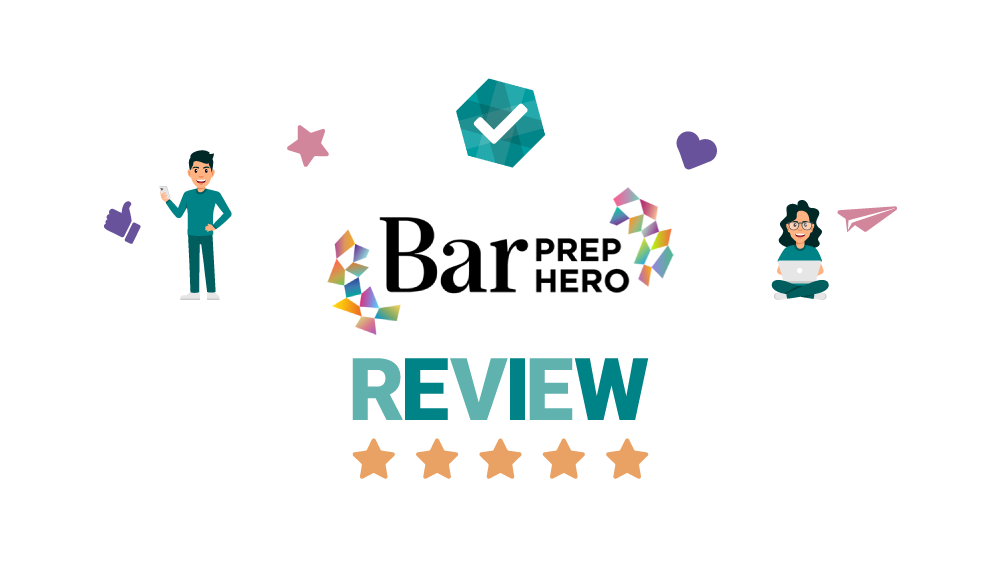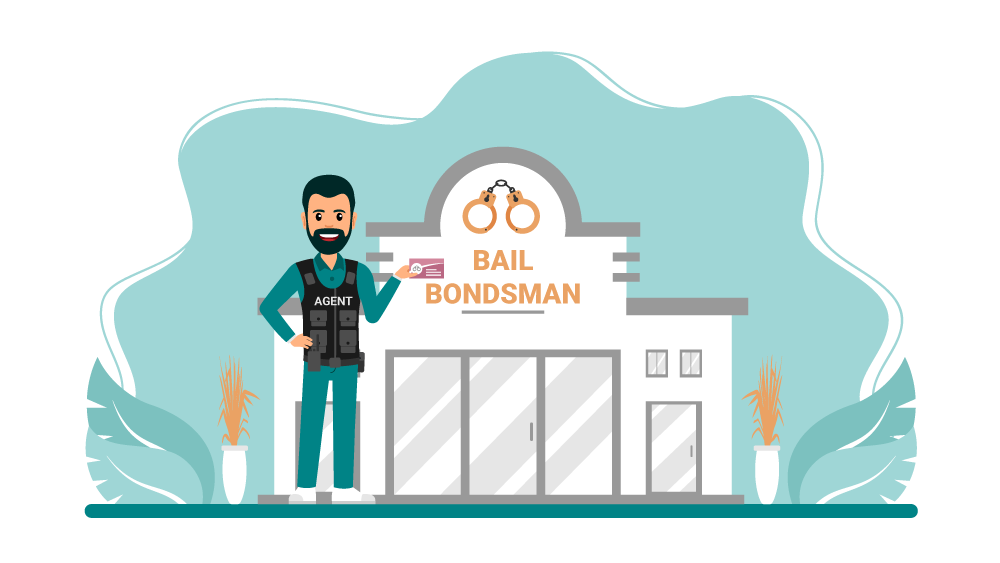Venturing into law enforcement? Let’s clear the air about peace officers and police officers. The distinctions might be subtler than you think, and understanding them is crucial for your career trajectory.
What is a Peace Officer?
According to GoLawEnforcement.com, “Peace Officer” definitions fluctuate across states but generally denote someone with a badge, arrest powers, and a firearm. Extending beyond the police force, this term encompasses any sworn-in individual with legislative authority to enforce laws and initiate criminal prosecution. Thus, while all police officers are peace officers, the reverse doesn’t hold true.
What is a Police Officer?
Simplified by Merriam-Webster.com as “a member of a police force,” the definition of a police officer is straightforward. Being part of the police force is the baseline requirement.
Peace Officer vs. Police Officer: Main Difference
The crux of the difference lies in the scope of their roles. A peace officer’s realm can extend beyond the police force, encompassing various law enforcement facets. Meanwhile, a police officer’s identity is tied specifically to their role within the police force.
Careers Considered to be a Peace Officer
The broad definition of a peace officer opens up a plethora of career paths, including, but not limited to:
- Police Officers
- Patrol Officers
- Court Officers
- Municipal Law Enforcement Officers
- State Troopers
- Auxiliary Officers
- Secret Agents
- Special Agents
- Border Patrol
- Sheriff’s Deputies
- Parole Officers
- Corrections Officers
- Game Wardens
- Campus Officers
It’s noteworthy that security guards unless vested with specific law enforcement powers, do not fall under the peace officer category.
Police Officers as Peace Officers
Globally, police officers are recognized as peace officers, but with added responsibilities inherent to their role, such as:
- Enforcing laws to protect life and property
- Arresting and processing criminals
- Testifying in court
- Leading emergency response efforts
This multifaceted role also demands proficiency in legal documentation and the operation of emergency vehicles.
Common Qualities of a Peace Officer or Police Officer
Irrespective of the title, the core qualities required remain consistent:
- Courage to prioritize the safety of citizens
- Professionalism in duty execution
- Integrity to ensure fairness and honesty
- Humanity to maintain respect for life
Frequently Asked Questions About Peace Officers and Police Officers
Does a peace officer carry a firearm?
Not always. Their ability to enforce the law isn’t contingent on carrying a firearm.
Will a peace officer need a warrant to arrest someone?
Not necessarily. Jurisdiction and situation dictate the necessity of a warrant for arrest.
When can a peace officer make a no-warrant arrest?
Situations justifying a no-warrant arrest include encountering known criminals, military deserters, individuals interfering with peace officer duties, or possessing stolen property.
Choosing a career in law enforcement requires a deep dive into the nuances of peace and police officer roles. Both paths start with foundational training, but specialized careers demand additional expertise. Research thoroughly to find your fit in the law enforcement mosaic.






